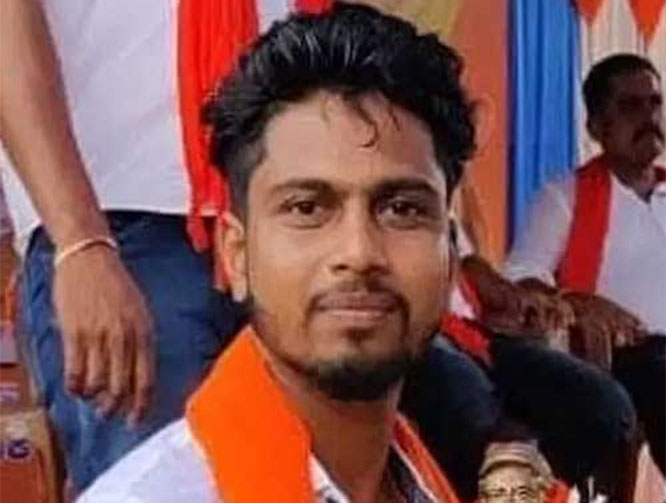
The World Youth Group, a globally renowned team of elected young leaders, politicians, parliamentarians and diplomats has appointed Bahrain-based businessman Mohammed Mansoor as the Director of their Council.
Mansoor, Founder & CEO of Saara group heads a series of ventures and organizations spread across the domains of information technology, energy, oil & gas, sports, seed capital investments, and are a well-known social activist and philanthropist.
The World Youth Group is a globally renowned team of elected young leaders, politicians, parliamentarians, and diplomats. Its mission is to Educate, Encourage, and Engage global youth in social and political sectors within the UN realm by supporting the United Nations initiatives. Apart from the UN and its Agencies, the entity to host the highest number of elected representatives in the 76th UNGA.
A total of 22 Members of Parliament, 6 Ministers, and UN Permanent Representatives, representing over 25 countries, will be participating in 5 Summits. The founding organizations are Collegiate Congress Inc. (USA), All-Africa Students Union (AASU), European Students Union (ESU), Organization Continental Latinoamericana y Caribena de Estudiantes (OCLAE), Young Democrats of America, and Young Republican National Federation (YRNF), and the founding members are then heads of the respective organizations.
Adding heft to the organization is the Advisory Board which comprises of ten Permanent Representatives (Ambassadors) of UN Member States. Each Ambassador also acts as Chief Advisor for a Committee on SDG. With 108 national student unions, a dozen national youth political leadership, and over 45 Youngest Members of Parliament, they are to be the largest only elected youth leader's consortium in the world.
Speaking on the appointment, H.E. Ambassador Collen V. Kelapile, Permanent Representative of Botswana to the UN and President of UN's Economic and Social Council (ECOSOC) quoted, "Mansoor's credentials as an entrepreneur and social activist speak for themselves. We, at the Advisory Board, are delighted to have him as our partner. We are confident that under Mansoor's able leadership the Council, which comprises of top experts in various fields and is the only non-parliamentary, the non-diplomat team at the World Youth Group, will serve to further strengthen our group as we actively work towards United Nations Agenda 2030 - the Sustainable Development Goals and revitalize the global partnership for sustainable development especially during these challenging times."
Cristo Thomas, Chair of, World Youth Group added, "Mansoor's association with us will add the much-needed impetus to invigorate The Council, I am confident that we will grow by leaps and bounds and accelerate our progress towards our common goals."
Founded in 2019, the World Youth Group, is a globally renowned team of elected young leaders, politicians, parliamentarians, and diplomats. The group's mission is to Educate, Encourage, and Engage global youth in social and political sectors within the UN realm by supporting the United Nations initiatives.
The World Youth Group endorses and supports the Sustainable Development Goals (SDGs), aimed at transforming our world by 2030 in accordance with the United Nations General Assembly Resolution A/RES/70/1, adopted on 25 September 2015 entitled: "Transforming our world: the 2030 Agenda for Sustainable Development".
The World Youth Group stands firmly in its commitments to promoting the United Nations General Assembly Resolution A/RES/73/25 adopted on 3 December 2018 by the General Assembly proclaiming 24 January as "International Day of Education". We focus on legislative reforms in its implementation.







Comments
Add new comment